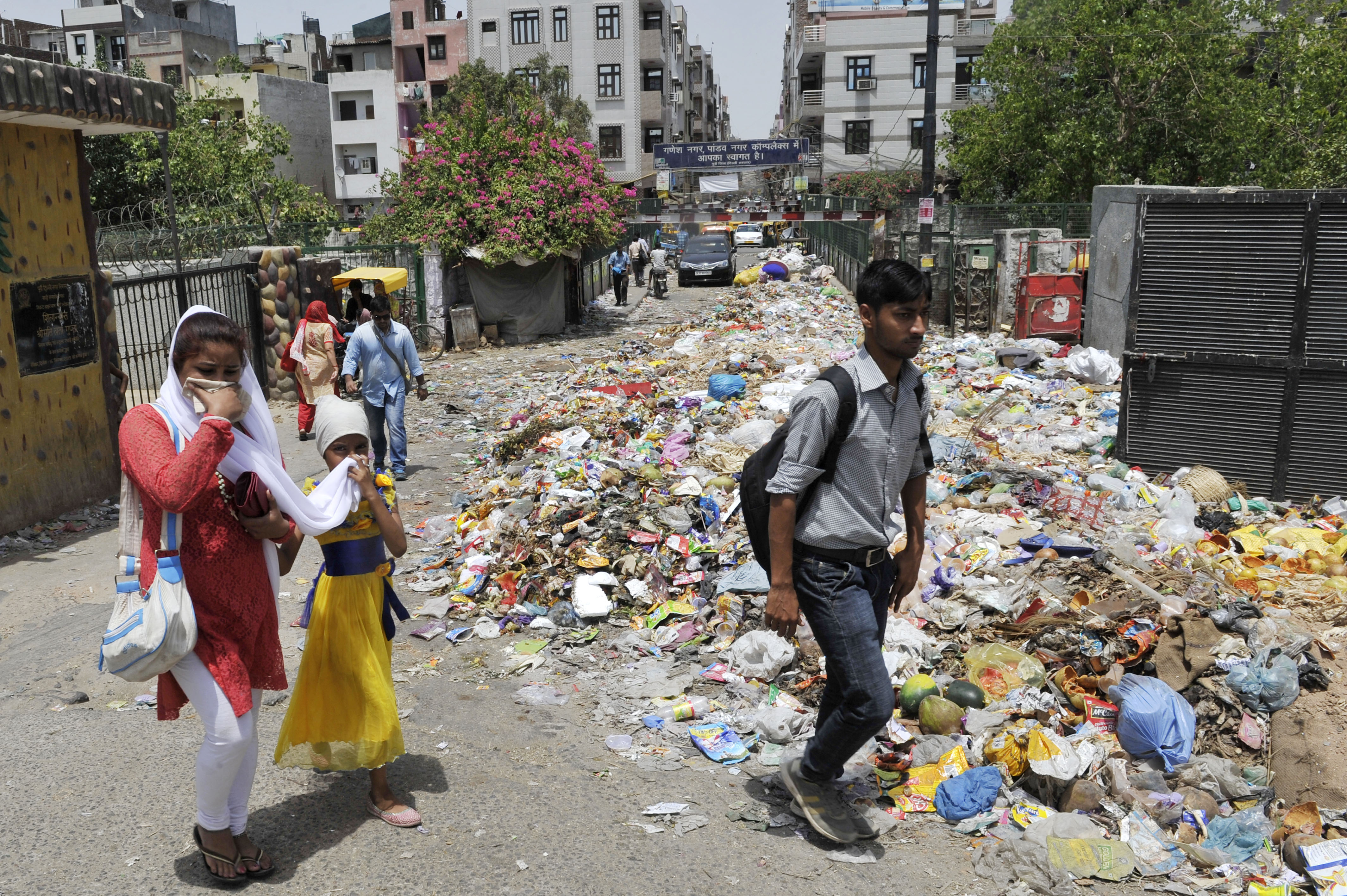
Hygiene and sanitation are integral components of good health, requiring concentrated research and evaluation measures, policy intervention and a willing public-State participation. The sanitation campaign in India has picked up pace and popularity in the recent past, though its early roots were laid in the 1990s with the Total Sanitation Campaign (TSC). During its course over the last two decades, the campaign has faced much appreciation as well as criticism, with reports highlighting the narrow and inadequate impact of the Nirmal Bharat Abhiyan, wherein people were given monetary compensation for constructing toilets. The inadequacy of this policy became increasingly evident with toilet spaces being used to store hay, wood and other household requirements while family members continued to defecate in the open.
With the ‘subsidy-strategy’ failing to achieve desired outcomes, the government is now using punitive sanctions to establish good sanitation practices. The Law Ministry is reported to be engaged in finalising a draft that will ensure that punitive action is taken against people urinating or throwing garbage in public spaces.
Policymaking and related on-ground implementation in India has continued to follow a traditional approach that focuses on promoting policy-based activities either through sanctions, mandates, subsidies, or coercive techniques like governmental pressure, prohibition or seclusion (for instance the current draft mentioned above or the anti-smoking campaign). Yet something as vast as the TSC that had central and State support for over two decades could be achieved only through the gradual change in perceptions and behaviour among its stakeholders.

Garbage piled up in Laxmi nagar (East Delhi ) during early June 2015 when sanitation workers went on strike - dna Research & Archives
This was one of the most significant findings from a cross-country evaluation study conducted by Outline India, on behalf of WaterAid, to explore the reasons behind the remarkable performance of five states that had achieved strikingly good sanitation indices when compared to the national average. These states were -- Manipur, Sikkim, Meghalaya, Himachal Pradesh and Kerala. The objective was to understand what worked and what did not, and analyse the potential possibilities of applying similar models at the national level. An intensive round of fieldwork and discussions with state government officials, community members and representatives from local government bodies revealed that ‘Behaviour change’ at the grass root level and community engagement in the process of change, were the most effective strategies for implementation of sanitation policies, across the five states.
Today, we understand behaviour change as a modification in overt behavior accompanied by a marked shift in cognitive processes, that is, the thought that drives the behaviour. Therefore it is not just a shift in observable behaviour, but includes reshaping of ideas, perceptions, beliefs and decisions. For instance, in Himachal Pradesh villages that were traditionally accustomed to practices of open defecation were introduced to the idea of ‘shame’ and ‘disgust’ associated with these practices. This gradually led to more people adopting the idea of a toilet alongside the alienation of households that did not. This ensured that toilets that were constructed were actively used, as the people themselves adopted good practices, and were not ‘shoved’ into a community-level mass arrangement.
The recognition of the far-reaching effects of behaviour modification via change in perceptions is evident in the Swachh Bharat Abhiyan’s television and other commercial messaging content. However, the idea of behavioural change in the general discourse around health has somehow remained limited to negative health indicators like smoking behaviour, obesity and the like, when evidence shows that a more holistic conceptualisation of the same can help in shaping better policies and ensuring more on-ground success. It is however a longer and often more complicated process than a simplistic subsidy based reinforcement strategy. From the sanitation study we have learnt that a cumulative effort on the part of planning bodies, community members and professionals who are well-versed in how behaviour change operates, can produce significantly more positive outcomes.
The author is a Fulbright Scholar and is currently pursuing a PhD from Jamia Millia Islamia